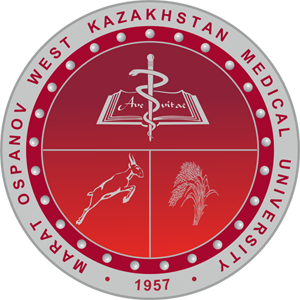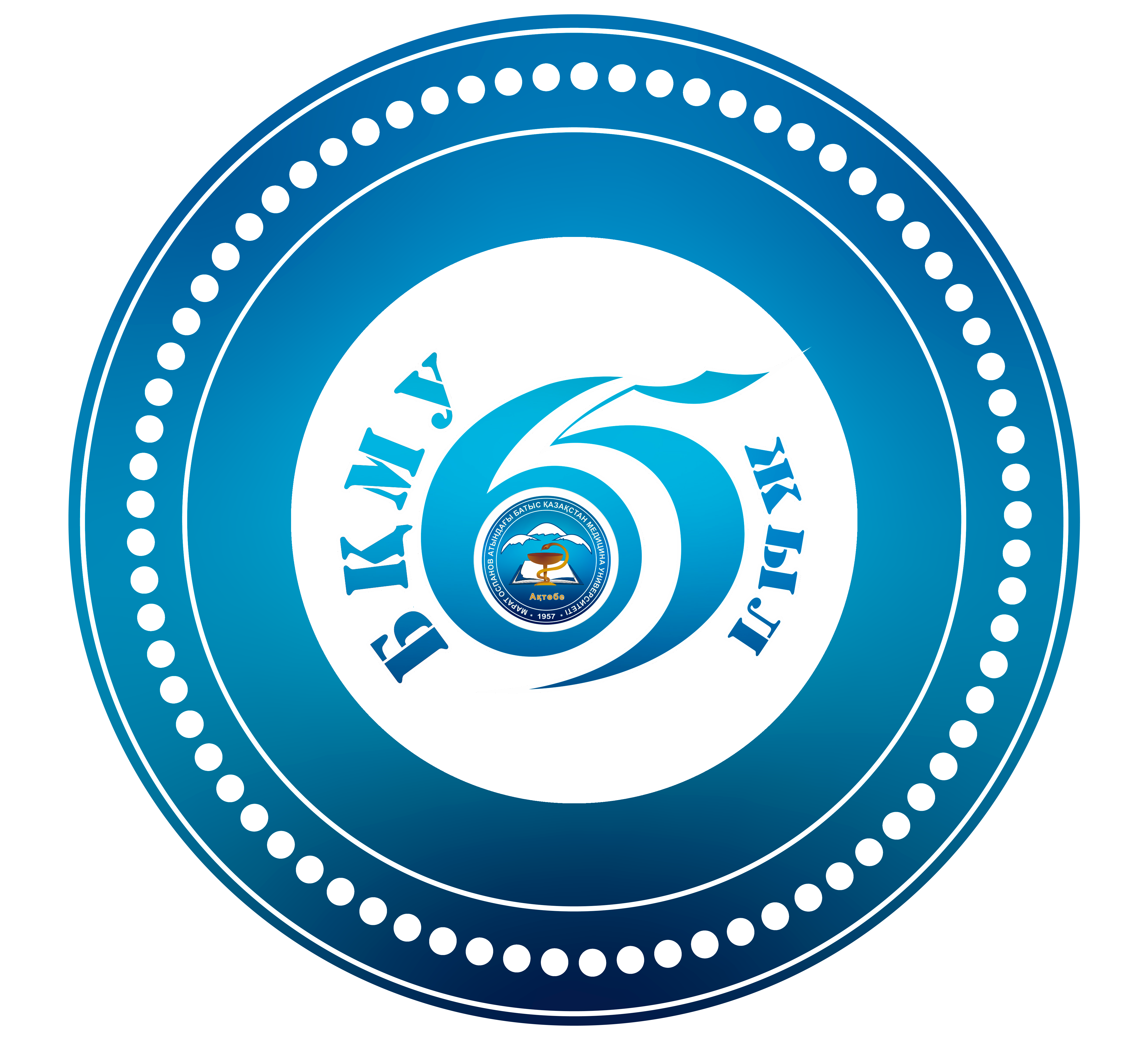Quality management system (QMS) is a set of organizational structures, methods and resources needed to implement general quality management at the university. It is an integral part of the university’s management system at vertical and horizontal levels and covers all stages of the life cycle. The functioning of the QMS in the university is the guarantor of the quality of the products and / or provided services.
Since 2006, the quality management system department has started its activity, directing its efforts to implement the Quality Policy. In its work, the quality management system department is guided by the Quality Manual, which sets out the Policy in the RSE on REJ “West Kazakhstan Marat Ospanov State Medical University» of the Ministry of Healthcare of the Republic of Kazakhstan in the field of quality and describes the quality management system developed for the implementation of this Policy.
Our policy in the field of quality management is aimed at satisfying the requests and implementing constructive proposals of all groups of consumers of educational and medical services, forming members of the collective of ownership and pride in belonging to the training of medical personnel and increasing the competitiveness of the university in the globalization of the world economy. We are contributing our indirect contribution to improving the activities of the western territories of Kazakhstan through the training of highly qualified, in-demand doctors of a new generation.
The quality management system (QMS) at the university as a result of external renewal audits was recertified by the Association for Certification “Russian Register” (2009, 2012, 2015, 2018) for compliance with the requirements of ISO 9001: 2015, is maintained in action, develops in accordance with the principle of continuous improvement in relation to:
• educational activities in the field of training specialists with higher and postgraduate professional education;
• additional professional education in the field of advanced training and retraining of
specialists with higher and secondary medical and pharmaceutical education;
• military training of university students;
• medical activities, including preventive, advisory, diagnostic, curative, rehabilitative;
• functional and applied research and development in the fields of theoretical,
• experimental and clinical medicine.



 «Marat Ospanov West Kazakhstan Medical University»
«Marat Ospanov West Kazakhstan Medical University»






